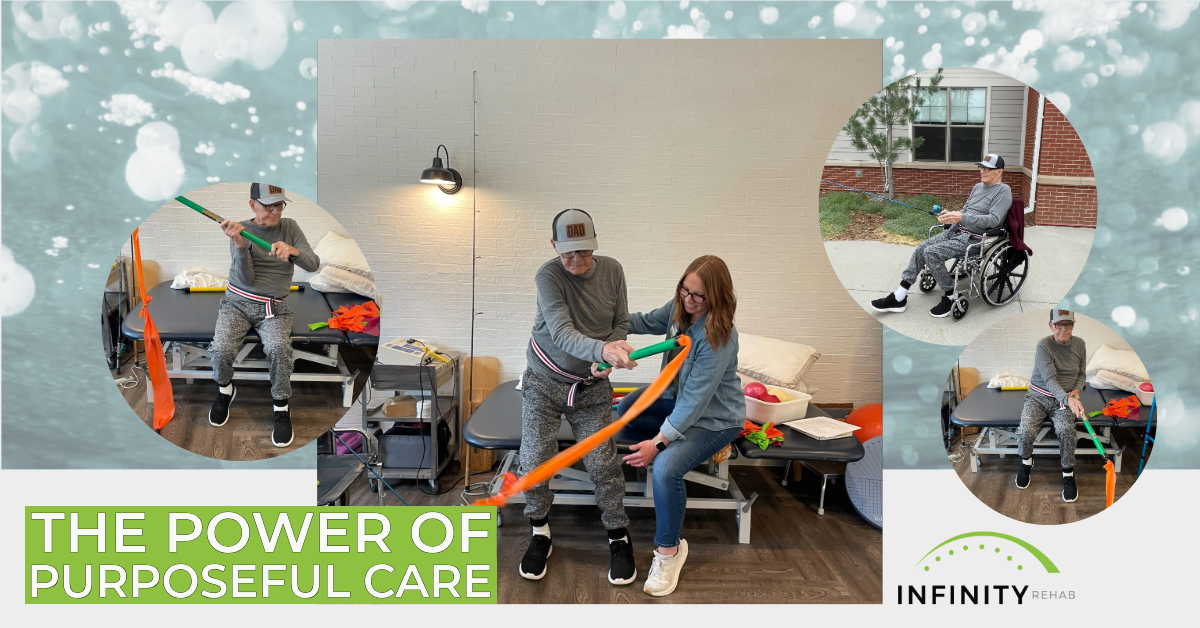Today’s blog article comes from the desk of Barb Gabriel-Conley, MS CCC/SLP. Ms. Gabriel-Conley is a speech language pathologist, specializing in the treatment of memory and cognitive disorders at Santé of Chandler. Santé of Chandler proudly provides short-term inpatient rehabilitation care for the Chandler, AZ community.
“There is a fountain of youth: it is your mind, your talents, the creativity you bring to your life and the lives of people you love. When you learn to tap this source, you will truly have defeated age.”
— Sophia Loren
Ahh the golden years! Those years where life is supposed to be easier and filled with the luxuries of plenty of time to putter and tinker; time to cook and shop; time to have lunch with the ladies from the club; time spent golfing whenever you please ,and of course, plenty of grandchildren sitting on your lap.
But the truth is, nobody likes to write stories about the challenges that come with the golden years; fixed incomes, joint replacements, cataract removal, the dreaded colonoscopy and age related “memory loss.” The truth of the matter is that many of the things on the “Not-so-golden” list are things that we have little control over. The silver lining however, is that memory loss and the early changes in cognition that older adults are beginning to recognize, are amenable to many treatments and therapies. The key to treatment and management however, is early recognition and diagnosis of these memory and cognitive changes.
The misconception that memory loss as we get older is “normal” often leads to delayed diagnosis and treatment. In recent years, extensive research and study has been conducted in the area of memory and cognition, and the overwhelming evidence suggests that memory loss and cognitive changes are the early signs of a pathological change. But before we run into the streets in a panic because we can’t find our car keys, it is important to recognize that these ‘early’ signs of memory and cognitive change, can afford individuals an opportunity to do something about it.
As a speech language pathologist, I often treat individuals who are experiencing changes in their cognition and memory skills and as a result are having difficulty managing complex daily activities (managing the checkbook, managing medications, driving, etc.). The good news is that if recognized early and with a little moxy and motivation to address these changes, often cognitive rehabilitation and pharmacological support can help to ward off and slow down the deficits associated with changes in memory and cognition.
The bottom line is this: If you don’t use it, you lose it. We’d be happy to tell you about our memory and cognitive rehabilitation programs!







